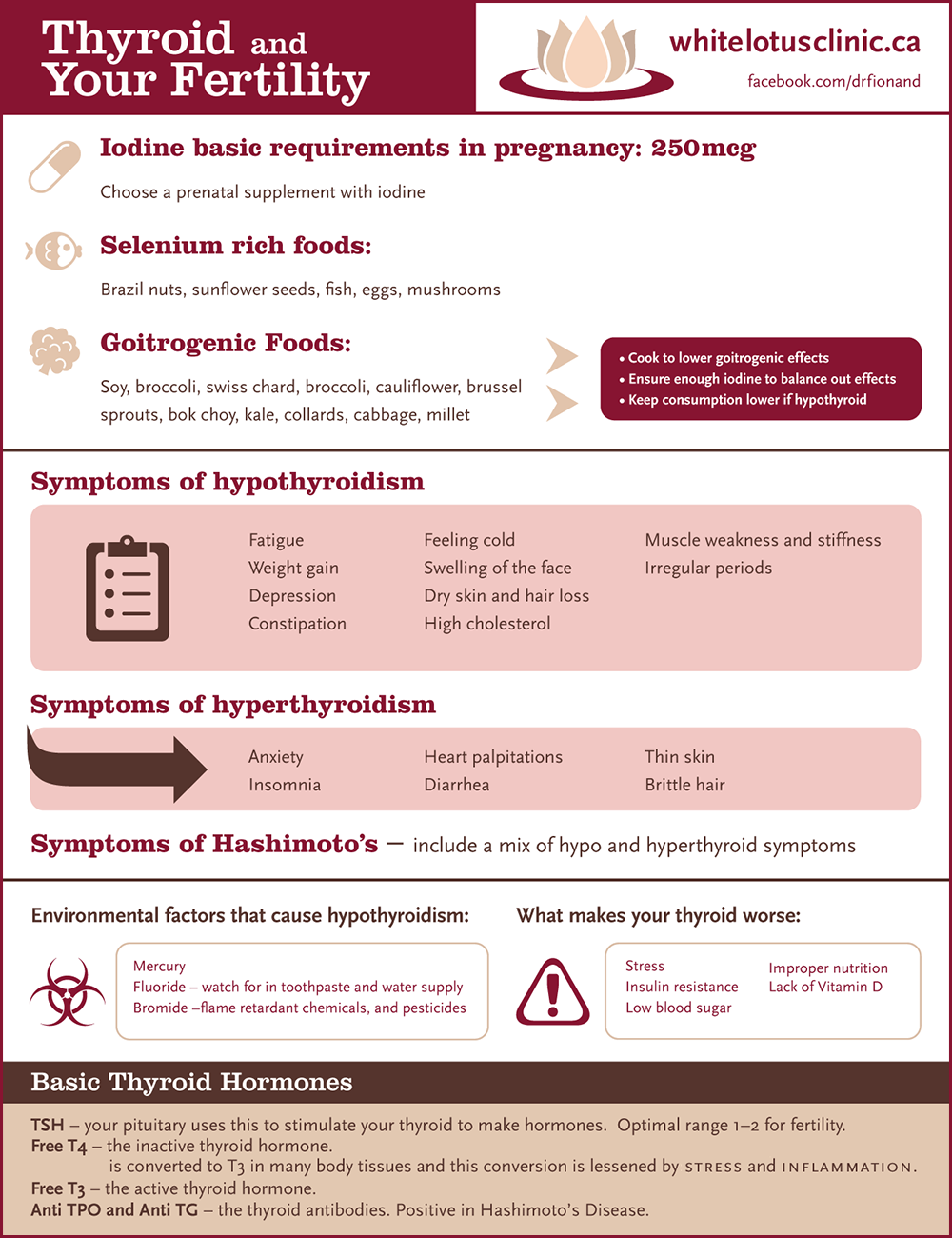Everyone knows that if you’re tired, sluggish, gaining weight or can’t lose weight, depressed and losing hair that you have thyroid problems – except that in reality it could also be undiagnosed PCOS. So frequently I have women come into my office who are concerned that they have thyroid disease but the blood tests come out normal – even optimal. This can be so frustrating, because these women aren’t finding help and while they’re searching they continue to gain weight, have irregular menstrual cycles, have a hard time getting pregnant and inch closer to diabetes and heart disease. An estimated 50-70% of women who have PCOS remain undiagnosed, making this a silent killer.

Normal ovary vs. polycystic ovary from womenshealth.gov
What is PCOS?
PCOS stands for Polycystic Ovary Syndrome and is the most common endocrine disorder in women, affecting between 5-10% of the female population. Nobody is really sure why PCOS exists, although there seem to be both genetic and lifestyle contributors, similar to obesity or type II diabetes. PCOS affects only women (we being the ones with the ovaries), although men can carry the gene and notice some symptoms. Because of the genetic link if someone else in your family has it, you are more likely to have it too. This is considered a multi-endocrine disorder because it changes levels of your sex hormones, but can also influence thyroid function and has a strong effect on your insulin. This means that PCOS and other hormone diseases like thyroid conditions or blood sugar issues go hand-in-hand. There is no one test for PCOS, which is part of the reason it is so commonly undiagnosed.
You Should Be Checked for Undiagnosed PCOS If:
- Other women in your family have PCOS
- You have low thyroid symptoms but your thyroid tests normal
- Your menstrual cycle is irregular, you frequently skip periods, have more than 35 days between periods on average, or have abnormally long periods with either very heavy or very light flow.
- You have had a hard time getting pregnant
- Your hair is thinning, especially in a more typically male pattern
- You have signs of masculinization or excess testosterone including facial hair growth, excess body hair in general, severe acne, deepening voice, or even excessive muscle development in a woman.
- You are a woman diagnosed with diabetes or glucose intolerance between the ages of 20 and 50 (because according to the PCOS foundation, 40% of the women who meet those criteria have diagnosed or undiagnosed PCOS.)
- You have easy and excessive weight gain or difficulty losing weight
- You have non-specific symptoms such as anxiety, depression, or pelvic pain
- You have blood sugar issues including insulin resistance, type II diabetes, or hypoglycemia (meaning if you get overly hungry you get tired, shakey, angry, irritable, sad, or sick feeling).
- You have strongly decreased or strongly increased sex drive
- You have other unexplained symptoms such as sleep apnea, skin tags, and darkened skin patches.
Can Men Get PCOS?
Technically no – because you guys don’t have ovaries, but you can still carry some of the genes for PCOS and pass it on to your daughters. Also having some of the genes may increase your risk for things like early male-pattern balding, high blood sugars, metabolic syndrome and acne. So even though you don’t have ovaries that can become cystic you may still have some of the features of PCOS.
Low Thyroid vs. PCOS
If I Suspect PCOS How Should I be Evaluated?
If this sounds like it might be you, the best thing to do is talk with your gynecologist. They will want to ask you about your menstrual history, probably do hormone and blood sugar testing, and may do an ultrasound to see if they can see any cysts on your ovaries. PCOS is manageable if you know you have it, but undiagnosed PCOS can be frustrating and is easily confused with other conditions, like low thyroid. Getting the diagnosis right is a big deal, so try to give your doctor the most accurate and complete picture of your symptoms possible. Keep looking back in the next few weeks for information about what you can do naturally for PCOS.



